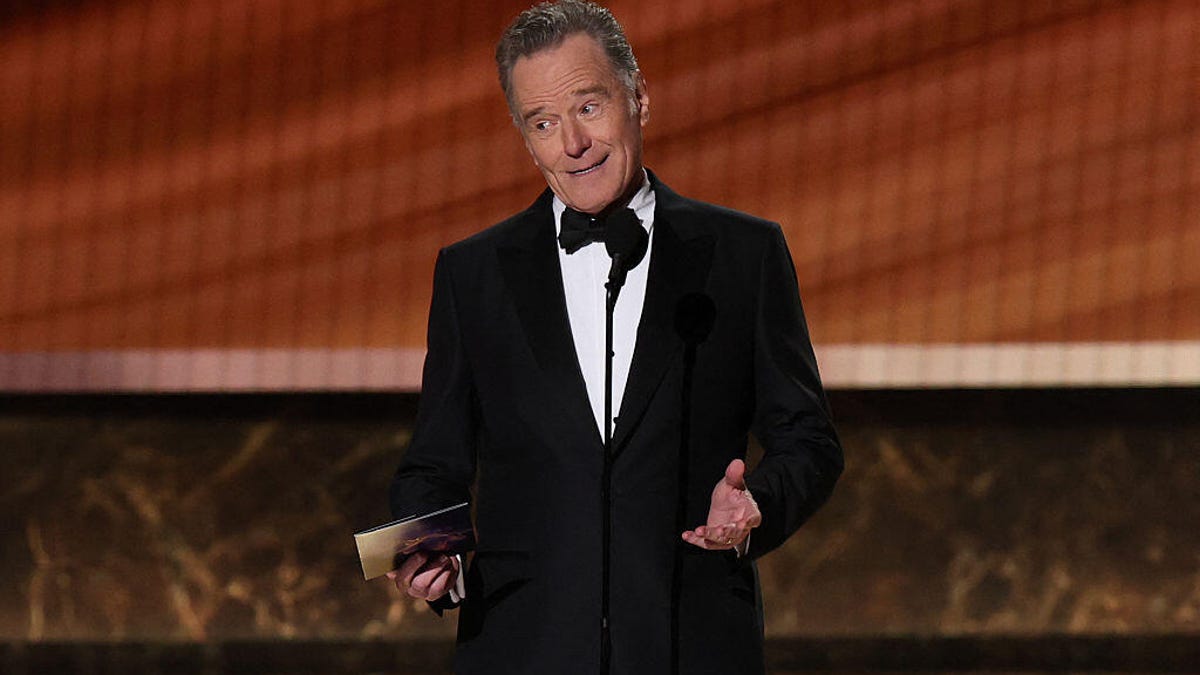OpenAI pledges stronger safeguards for celebrity likenesses in Sora after actor and estate pushback

Key Points
- OpenAI commits to tighter controls on celebrity likenesses in its Sora video‑generation app.
- Bryan Cranston and SAG‑AFTRA pushed for an opt‑in system for actors.
- The estate of Martin Luther King Jr. demanded removal of unauthorized depictions.
- OpenAI has strengthened guardrails to prevent replication of voices and faces without consent.
- Authorized representatives can now request that their subjects be excluded from Sora.
- The move reflects broader industry pressure to protect personal and estate rights in AI media.
OpenAI announced new guardrails for its AI video‑generation tool Sora after actors, talent unions and the estate of Martin Luther King Jr. raised concerns about unauthorized deepfake videos. The company agreed that public figures must opt in before their likenesses can be used, and that representatives can request removal. The move follows complaints from Bryan Cranston, SAG‑AFTRA, and talent agencies, as well as public outcry over disrespectful depictions of Dr. King. OpenAI says the updated policies aim to give individuals greater control over how their images and voices are employed in AI‑generated content.
Background on Sora and emerging concerns
Sora, OpenAI’s new AI video‑generation app, allows users to create and share videos that can incorporate the recorded likenesses of real people. Shortly after its launch, users began producing clips featuring well‑known actors and public figures without consent, prompting criticism from the entertainment industry and civil rights advocates.
Actor and union response
Actor Bryan Cranston observed that his likeness was being used in Sora‑generated videos and alerted the Screen Actors Guild‑American Federation of Television and Radio Artists (SAG‑AFTRA). Together with several talent agencies, the union negotiated an agreement with OpenAI that requires celebrities to opt in before their images or voices can be incorporated into AI‑generated content.
Estate of Martin Luther King Jr. involvement
The estate of Dr. Martin Luther King Jr. also voiced concerns after users created disrespectful depictions of the civil‑rights leader. Representatives of the estate requested that OpenAI stop using the late leader’s likeness, and OpenAI affirmed that authorized representatives can demand exclusion of any public figure’s image from Sora.
OpenAI’s updated safeguards
In response to the pressure, OpenAI said it has strengthened guardrails around the replication of voice and likeness. The company emphasized that it regrets unintentional generations that lead to disrespectful or non‑consensual portrayals. OpenAI also noted that its system already rejects certain requests, such as videos of specific well‑known performers, though it acknowledged that the safeguards are not perfect.
Implications for AI content creation
The agreement highlights the growing tension between AI developers and rights holders over the use of personal likenesses in generative media. By requiring opt‑in consent and providing a mechanism for removal, OpenAI aims to balance innovative AI capabilities with respect for individual and estate rights.